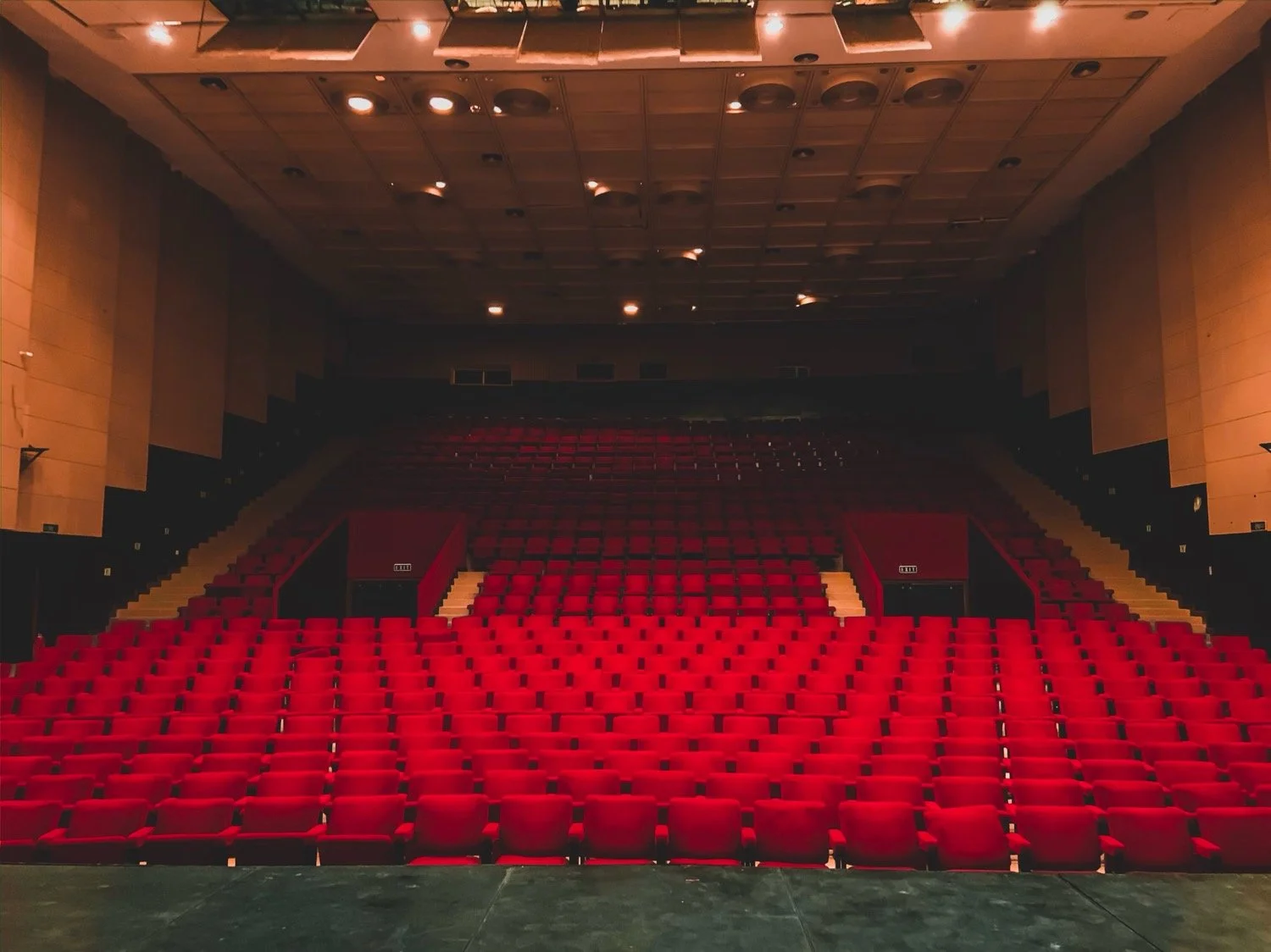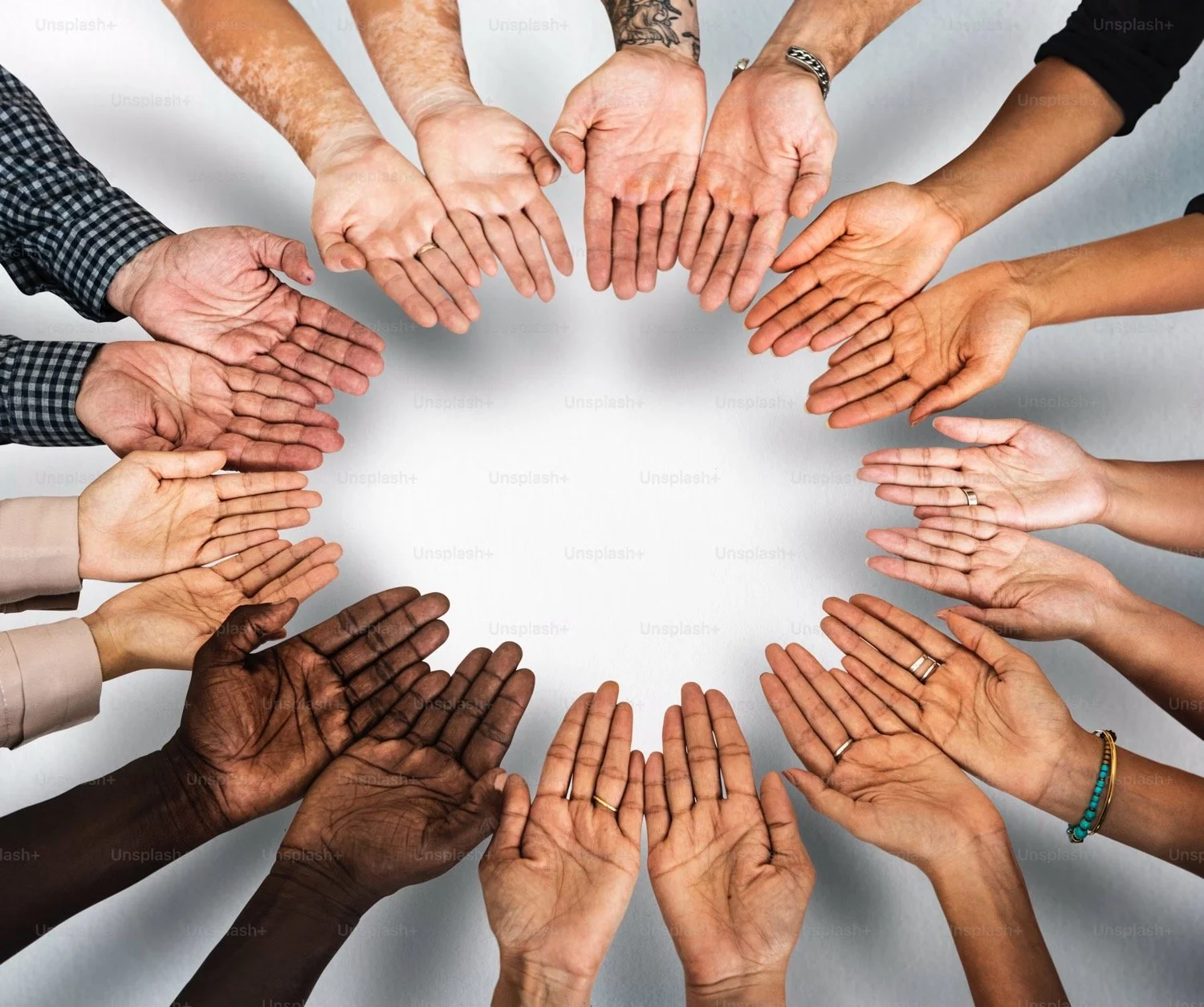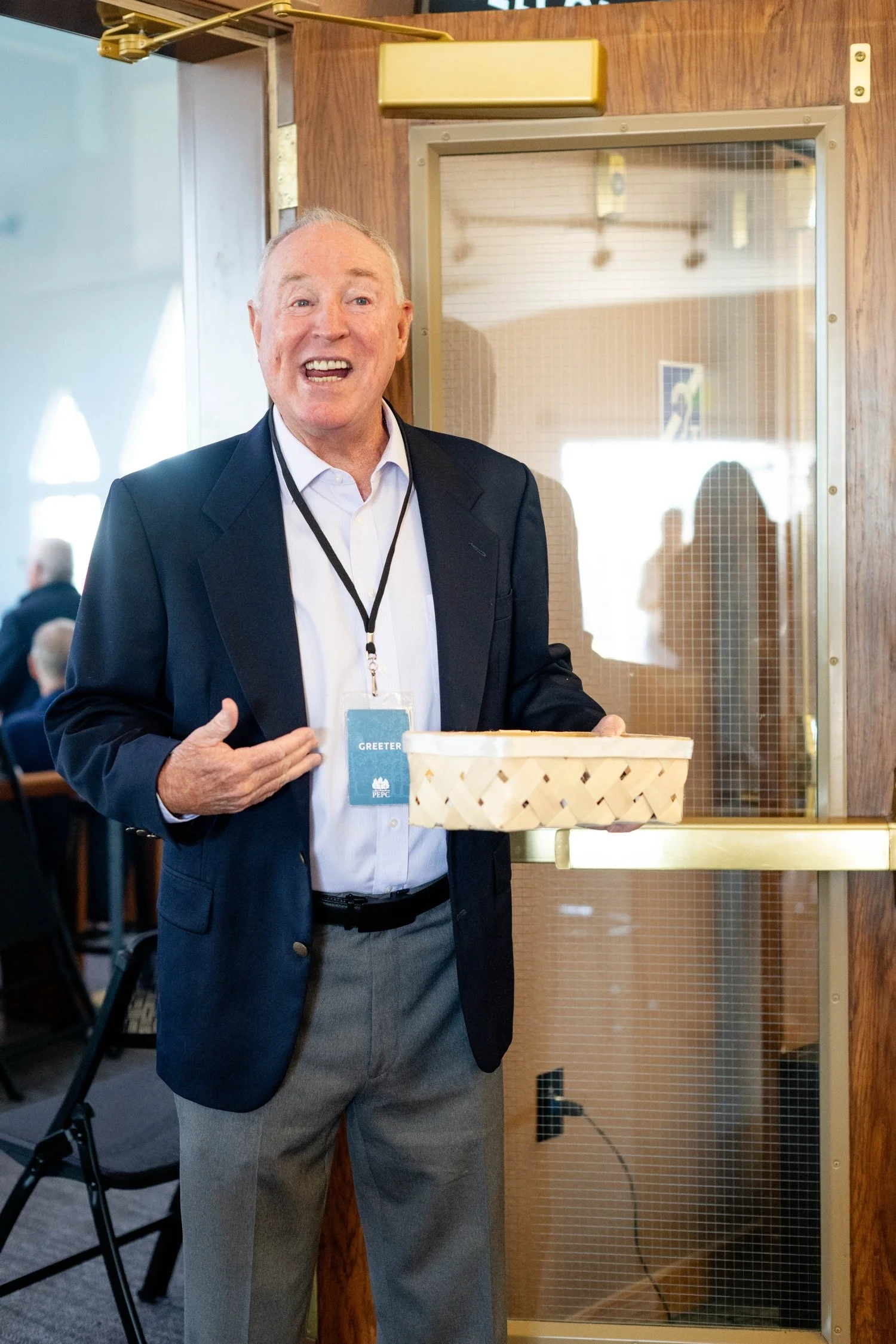Readings for today: 2 Samuel 19-21, Psalms 5, 38, 42
Human beings are a tribal people. We tend to take our stand with those closest to us - our family or clan - against those who are distant from us. The Somali’s have a proverb that says, “Me against my brother. My brother and I against my family. My family and I against my clan. My clan and I against my tribe. My tribe and I against my nation. My nation and I against the world.” This rings true to me and not just in places like Africa or the Middle East where ethnic tribal loyalties have been a part of life for thousands of years. We see it in America as well where we tend to gather with our political “tribe” or social “tribe.” We will do anything to protect our tribe, including the use of ungodly means to achieve our tribe’s ends. Every day I watch as people intentionally use deception or anger or verbal abuse or violence against those who are not of their tribe. They shade the truth. Leave out facts. Ratchet up the hate. Assume the worst. Attack their enemy. And tragically, it sometimes instigates or results in violent acts.
Nothing is new under the sun. David and his son Absalom fight a civil war. Though brief, it shatters the peace of a nation. The seeds of disunity are sown. The twelve tribes of Israel - once united under a Davidic kingship - now find themselves at odds with each other. Jealousy over who has the better claim on David creates fractures. Harsh words are exchanged, resulting in a second rebellion under a man named Sheba. Once again, lives are lost. People are murdered as political loyalties shift amidst the chaos. Topping it all off is the somewhat strange story of the Gibeonites. You may remember, Israel had taken an oath not to hurt them during the conquest. Saul in his misplaced zeal had tried to wipe them out. This created generational bloodguilt that needed atonement. In ancient near east culture, sin carried communal consequences. Justice could potentially be delayed for generations. It wasn’t just the individual who was held accountable but the whole family or clan or tribe or community. In this particular case, David seeks out the descendants of Saul and hands them over to the Gibeonites. They are executed before the Lord in order to atone for the bloodguilt of the household of Saul. Eye for an eye. Tooth for a tooth.
We may not understand why the ancient Israelites prosecuted justice in this way. We are thousands of years removed from their world but we too have our own issues with justice. We too struggle with the communal consequences of sin. How else can we explain the generational tension that exists between different ethnicities in our country? The genocide of the indigenous tribes. The chattel slavery of African-Americans. The gang warfare between different European groups. The indentured servitude of the Chinese. The internment of the Japanese during WWII. The list is long. And though we have made progress when it comes to equal rights, we have yet to fully atone for our sin. We have yet to extend forgiveness. We have yet to engage in a process of truth and reconciliation. This is why the tensions persist, stoked by those who are invested in keeping the conflict alive.
So where do we go for healing? Where can our nation go for healing? We must return to the Lord. Like David says in his Psalms, “I will put my hope in God! I will praise Him again- my Savior and my God!” (Psalm 42:11 NLT)
Readings for tomorrow: 2 Samuel 22-23, Psalm 57




